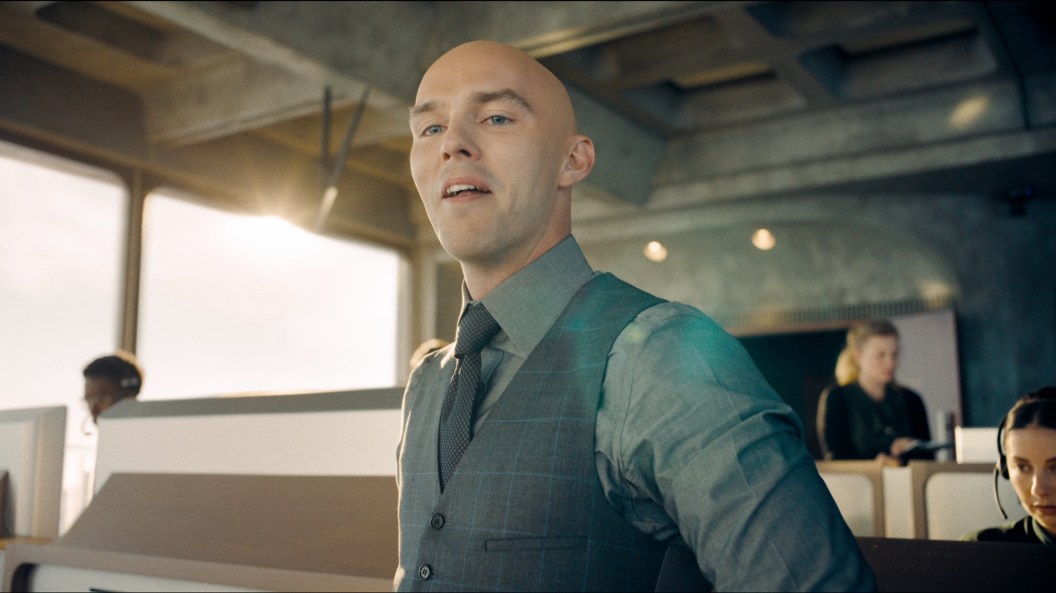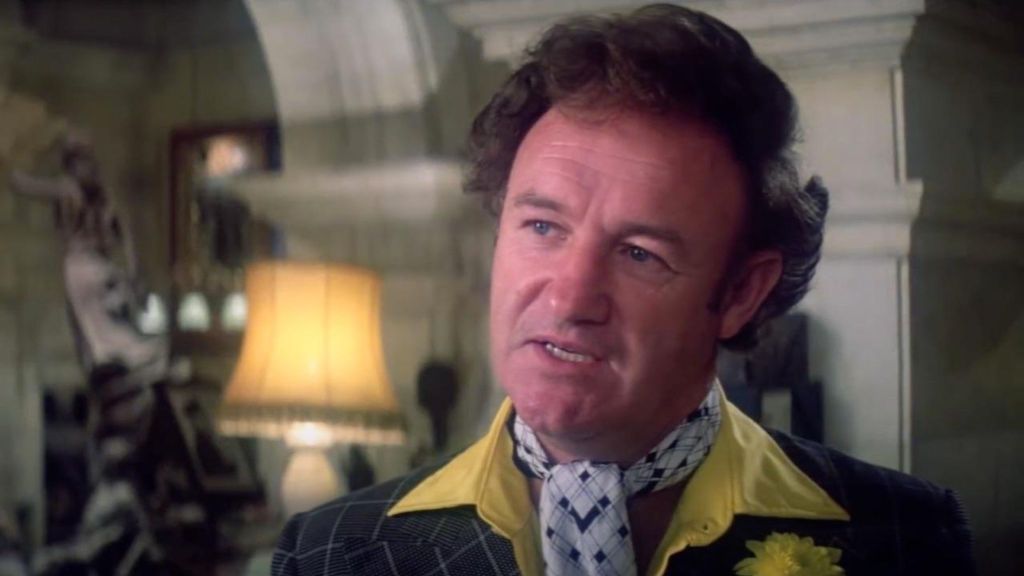
James Gunn’s Superman is soaring into theaters, bringing with it a modern vision for the Man of Steel (David Corenswet) and his iconic world. Central to this new chapter is Nicholas Hoult’s Lex Luthor, presented as a formidable intellectual and strategic threat whose machinations ripple across the globe. The film wastes no time establishing the sheer scale of Luthor’s ambition, weaving a complex narrative of international conflict, clandestine super-powered assets, and immense corporate power. Yet, for all its nuance, a core motive driving Superman’s arch-nemesis is shockingly familiar. The film continues a bizarre and surprisingly persistent tradition in the villain’s onscreen history, once again positioning the greatest criminal mind of our time as a man whose world-shaking schemes are fundamentally about one thing: real estate.
Warning: The following article contains spoilers for James Gunn’s Superman
The first movie in the new DC Universe begins three weeks after Superman controversially intervened in a foreign conflict, when the nation of Boravia was preparing a full-scale invasion of its smaller neighbor, Jarhanpur. According to Boravian officials, their military action was a humanitarian mission to free the people of Jarhanpur from a brutal dictatorship; Superman, however, saw this as a flimsy pretext for conquest. As such, Superman single-handedly smashed Boravian tanks, made a formidable display of power, and directly threatened the country’s president, Vasil Glarkos (Zlatko Burić). In what the world believes to be retaliation for this humiliation, a powerful figure known as the Hammer of Boravia launches a devastating attack on Metropolis, kicking off the events of Superman. This new threat pushes Superman to his absolute limits and serves as the perfect ammunition for those who claim the hero’s meddling does more harm than good.

Of course, the entire situation is a carefully orchestrated setup. President Glarkos publicly denies any connection to the attack, and for good reason. The Hammer of Boravia is actually Ultraman, a masked metahuman operating under the secret control of Lex Luthor. Furthermore, this elaborate battle is merely one piece of Luthor’s strategy to irrevocably damage Superman’s public standing and frame him as a global menace – which he eventually does, gaining the US government’s authorization to subdue the Kryptonian. However, killing Superman is only one of Lex Luthor’s goals.
Luthor’s alliance with Glarkos is the engine of the entire Boravia-Jarhanpur conflict. As Lois Lane (Rachel Brosnahan) uncovers, he has supplied Boravia with over eighty billion dollars worth of advanced LuthorCorp military technology, while only charging for a small fraction of its value. This apparent generosity has a steep price, as once Boravia’s invasion of Jarhanpur is complete, Luthor is owed half of the conquered nation’s territory, which is incredibly rich in petroleum. His ultimate goal is to become the de facto ruler of his private oil-rich country, a plan that recasts a layered geopolitical crisis as an audacious land grab.
The Decades-Old History of Lex Luthor’s Land Lust

Lex Luthor’s bizarre obsession with property acquisition is not a James Gunn invention. Its most famous precedent was set in Richard Donner’s classic 1978 Superman movie. In the film, Lex Luthor (Gene Hackman) lays out a scheme he proudly calls “the greatest real-estate swindle of all time.” After purchasing vast worthless tracts of desert land, Luthor hijacks two nuclear missiles. He intends to fire one into the San Andreas Fault, triggering a massive earthquake that would send the entire coast of California sinking into the Pacific Ocean. The ensuing cataclysm would transform his barren properties into the new West Coast, skyrocketing the land’s value. For Luthor, the potential death of millions is an acceptable loss in the service of creating prime beachfront real estate. Bryan Singer would pull on those same threads Donner first dangled, as his 2006 film, Superman Returns, was a spiritual sequel to Donner’s movies and saw Kevin Spacey’s Lex Luthor similarly attempt to use a combination of Kryptonian archetypal crystal and Kryptonite to grow his own new country that will replace the US.
Even the popular television series Smallville dedicated years to exploring the origins of Luthor’s (Michael Rosenbaum) real estate mindset. The show’s young Lex Luthor (Michael Rosenbaum) begins his descent into villainy through the world of corporate expansion and land acquisition. Sent to Smallville by his father to run the local LuthorCorp plant, his ambitions quickly grow after her discovers the mysterious Kawatche Caves on a LuthorCorp construction site. He leverages his family’s immense wealth and power to probe the secrets buried beneath Smallville’s farmlands, eager to explore the resources of the caves. Furthermore, throughout the series, his schemes frequently involve land deals, hostile takeovers of local properties, and development projects that serve as a foundation for his growing darkness.
This recurring obsession with land and property ultimately grounds Luthor’s super-genius in a uniquely tangible form of villainy. While his intellect allows him to challenge gods, his goals are often tied to the most basic of human desires: to own, to possess, and to build wealth from the ground up. It creates a fascinating contrast with Superman, a being of immense power who serves the entire world but lays claim to none of it.
Did you like Lex Luthor’s motivations and plan in James Gunn’s Superman? Join the discussion in the comments!
The post I Can’t Believe the New Superman Continued This Bizarre Lex Luthor Plot appeared first on ComicBook.com.


